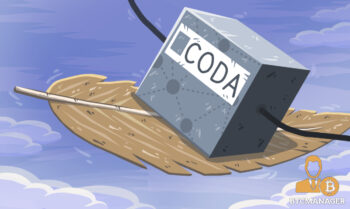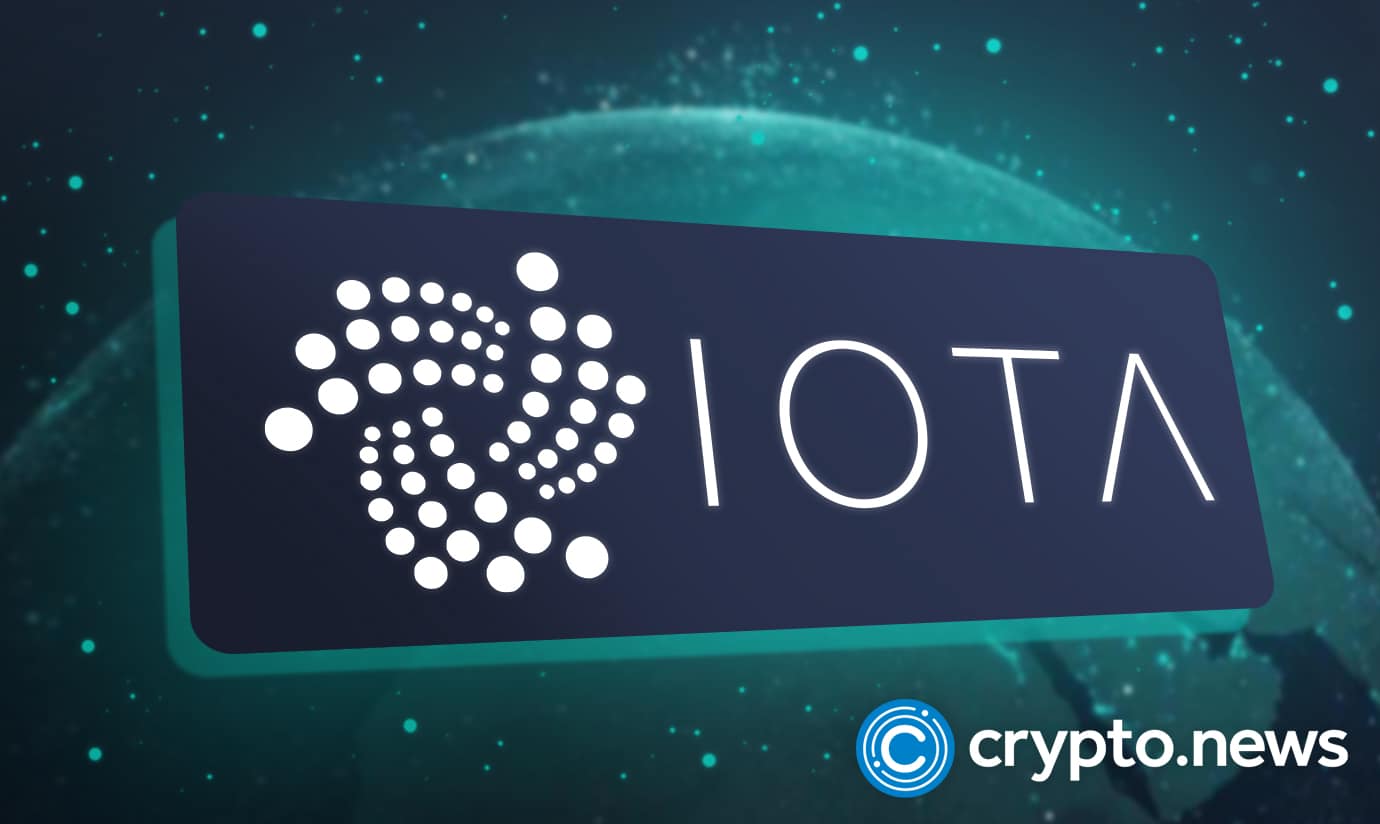
2019-7-11 18:19 |
Decentralization over time is an ethos that many crypto projects espouse. To date, however, few have completed this journey. Talking the talk is easy, but when it comes down to it, only a handful of projects are bold enough to walk the walk and willingly entrust their fate to the community.
Also read: How 10 Countries Respond to Facebook’s Libra Cryptocurrency
The Road to Decentralization Is Littered With Good IntentionsDecentralization today evokes the “blockchain, not bitcoin” mantra of 2016: a popular concept, but with few real-world success stories to cite. Even Facebook, in its 26-page technical paper for Libra, has gotten on the decentralization bandwagon, outlining a “roadmap for the shift toward a permissionless system.” “I’m pretty sure this would be the first time a distributed network transitioned from permissioned to permissionless,” noted Jameson Lopp. Long before Facebook took an interest in the lingua franca of cryptocurrency, numerous projects within the ecosystem expressed the desire to distribute control over time. Today, projects as diverse as Icon, Iota, Digitex and Digibyte are intent on pursuing various implementations of this goal.
To understand the extent to which it’s possible to decentralize a project, it’s first necessary to understand why. What is it about decentralization that’s so sexy in the eyes of so many within the cryptosphere? Ultimately, it all comes back to Bitcoin. There are many things that Bitcoin got right from day one, from its fair launch to its absence of a formal team that could be subpoenaed or cowed into submission. As Anthony Pompliano put it, the day Congress ordered Facebook to halt development of Libra, “Wait till Congress finds out they can’t send letters to Bitcoin.” Decentralization was and still is one of Bitcoin’s killer features.
Icon Treads the Path to Greater DecentralizationBlockchain network Icon is currently on a mission to achieve optimum decentralization, a quest that’s described as a “core principle” of its governance model. To achieve this, Icon is assigning responsibility for overseeing node environments to a series of candidates who are elected by the community. Each node operator is tasked with maintaining consensus on the network, verifying transactions and participating in governance, including voting on policy proposals. Through assigning control to a distributed community, Icon aims to connect independent blockchains without the need for intermediaries. In September, 100 Public Representatives (P-Reps) will be elected by the community to facilitate the transition to a decentralized model.
Forthcoming crypto futures exchange Digitex, meanwhile, has pledged to transfer ownership and governance rights to a decentralized autonomous organization on October 1, with token-holders given a say on treasury management and key operational decisions. Other projects that have committed to becoming more decentralized over time include art provenance protocol Codex, and Iota, which in May committed to ditching the most controversial part of its architecture – a centralized coordinator. It will be 2020 before this is implemented, however, at which point network stability and security should be maintainable without the coordinator.
Although reaching this milestone will not make Iota decentralized, by any reasonable definition, there is a case for stating that it makes sense for crypto projects to start out highly centralized. In “Centralize, then Decentralize,” Arjun Balaji of crypto investment firm Paradigm writes:
The common criticism with 2nd or 3rd-wave crypto projects … that they’re inferior to natively cypherpunk projects (e.g. Bitcoin, Monero) due to their “centralization” is ignorant of reality. It’s next to impossible to simultaneously build new types of distributed networks while optimizing for decentralization from early on.
From Central Control to Community StewardshipMost projects today don’t have the luxury of operating under pseudonyms or issuing coins over time through mining. With the notable exception of Grin, every major project in the post-ICO era has been subject to rules pertaining to money transmission, KYC/AML, taxation and a glut of others. While these projects will always be dependent upon a centralized team to lead business development and technical improvements, there is scope for the underlying protocol to decentralize over time. This prevents the project from being monopolized by a handful of powerful actors. It may also ensure that the protocol’s token is deemed a utility rather than a security, under certain circumstances, paving the way for wider listing on crypto exchanges, including those that fall under the purview of the SEC.
The ongoing decentralization of crypto projects can be measured across three main criteria:
Incentives: A truly decentralized protocol must have incentives aligned between network participants to support collaboration for mutual benefit. This requires trust, and the only way this can be maintained is by eliminating a central authority that presents a single point of failure. As Placeholder VC’s investment thesis explains, “Cryptonetworks alleviate [lack of trust] by decentralizing power structures and distributing most of the value to the users in a way that better aligns incentives.”
Community: There should be no entry barriers to participating in the network, with users, miners, developers, stakers and other entities granted permissionless access.
Consensus: There must be agreement on the current status of the network, and any changes made to it, including transactions and account balances, as well as technical changes to the protocol itself.
It’s a Scale, Not a SwitchThere is no such thing as 100% decentralization. Even “full decentralized” projects such as Bitcoin have points of failure and potential attack vectors that a determined and well-funded actor could seek to exploit. The ability for projects to execute “continue[s] to be important, but so is selecting teams led by founders whose commitment to the promise of decentralization is far greater than their desire to make money,” assert Placeholder VC.
The current crop of projects assigning more control to the community aren’t trying to become the next Bitcoin. Rather, they recognize that the benefits of a distributed and leaderless network outweigh the advantages to be had from entrusting key decisions to a centralized cartel. So far, in the short history of cryptocurrency, the market has judged decentralized projects with strong fundamentals kindly. Today’s projects, pursuing a similar course, are hoping to be judged equally favorably.
Do you think it’s possible for a cryptocurrency project to effectively decentralize over time? Let us know in the comments section below.
Images courtesy of Shutterstock.
Did you know you can verify any unconfirmed Bitcoin transaction with our Bitcoin Block Explorer tool? Simply complete a Bitcoin address search to view it on the blockchain. Plus, visit our Bitcoin Charts to see what’s happening in the industry.
The post The Cryptocurrency Projects Pursuing a Path to Decentralization appeared first on Bitcoin News.
Similar to Notcoin - Blum - Airdrops In 2024
Global Cryptocurrency (GCC) на Currencies.ru
|
|





























